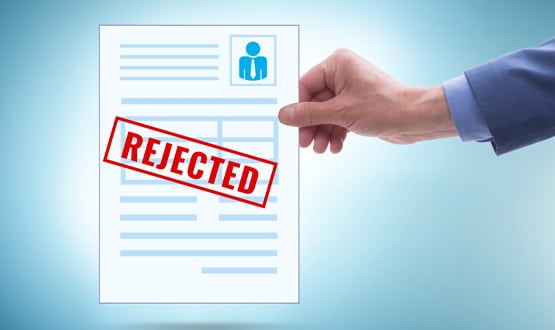Joe’s View: Care After Covid-19, Back to The Future
- 28 April 2020

As he begins a new chapter in his career at Sleepstation, Joe McDonalds looks at the upcoming challenges and the wider impact of the coronavirus outbreak.
After 35 years as an NHS doctor, 28 of them as a consultant psychiatrist, I like to think I’m unshockable but, like when Kennedy was shot and when the Twin Towers fell, I guess we will all remember where we were when we learned that Prime Minister, Boris Johnson, was admitted to intensive care suffering from COVID-19. And just as those events had a significant impact, we know the world will never quite be the same again.
The crisis, in my mind, will now be forever associated with my first few days working as Medical Director of Sleepstation, the online Cognitive Behaviour Therapy for insomnia (CBTi) service.
I have had a very longstanding interest in sleep, since the early 80s when, as a medical student, I met a friend’s mother, Shirley Trickett. Shirley told me she was ‘an accidental addict’. She had lost years of her life to benzodiazepine addiction after being prescribed sleeping pills. However, Shirley did overcome her addiction and eventually wrote a book based on her experience and her work with groups of sleeping pill addicts.
I was honoured that she asked me to write the foreword to the first edition of Coming Off Tranquilizers And Sleeping Pills in 1986. At the time, the medical establishment held that these drugs were not addictive and, as a consequence, they were aggressively marketed and promoted using methods that have since been outlawed. Although the first studies of these drugs, which indicated that they were addictive, took place in the 60s this research was ignored. By 1975, 10% of all prescriptions were for benzodiazepines. Online, personalised CBTi wasn’t an option and would require the invention of the internet.
Longstanding problem
Campaigners like Shirley eventually managed to convince enough of the medical establishment that benzodiazepine withdrawal syndrome did exist. This led to a change in the guidance around their prescription but millions of people lived their lives in a tranquilizer induced fog which would be replaced by insomnia and anxiety if and when withdrawal was attempted. It was a perfect storm.
While the use of benzodiazepines has fallen from its peak in the 70s and 80s, the use of addictive medications remains a problem. A recent Public Health England report revealed that one in four people are taking ‘addictive medication’.
At the heart of the longstanding problem is the relative ease of handing out pills as opposed to applying a healthier, therapeutic option involving time and effort. But what if that time and effort could be, at some level, automated? What if assessment and therapeutic approach could be delivered online rather than requiring expensive and time-consuming clinic visits?
Digital becoming the norm
This is why, even before COVID-19 was the only story in healthcare, I decided to join Sleepstation. It’s an effective, good value alternative to sleeping pills, delivered in the comfort of your own home and at a time to suit you. This is personalised Cognitive Behaviour Therapy for Insomnia (CBTi) at its best – not just an app or a workbook but individualised assessment and coaching backed by evidence.
In the post COVID-19 world I think many things will change and we have already seen General Practice and secondary care embrace online consultation at an unheard-of scale and pace. It has suddenly become normal to get therapy online. General Practice was already broken and in need of review but COVID-19 has forced it to change.
Hopefully, a switch from pills to self-service CBTi will be part of that change with Sleepstation an exemplar. We made the leap that the NHS is about to make 10 years ago. And a decade down the line we’re still here to help.





3 Comments
despite all it’s faults the nhs is the most incredible thing EVER to happen to this country, if you choose to use the services of Sleepstation and you are very well off or fairly ell off, then please pay because the nhs CAN NOT afford to pay for it all, and I for one want an nhs there for my kidz kidz kidz …
The last psychiatrist i spoke to said … The nhs does not do mh, i take my hat off to honesty, mh is in the community and the GPs (general publics) view of the nhs and what it does needs to change, the nhs can not do it all, we need a little more honesty about health digitisation from (y)our national nhs leaders … I wish i had 35 years of nhs pension …
On reflection, one of the reasons why Sleepstation works so well is that it never had a clinic base. It was designed from the outset to deliver CBT online. I have spent 15 years trying to move paper based processes into electronic processes. Maybe the NHS should set up a virtual NHS trust designed to deliver online care without the organisational baggage of growing out of an existing institution. Saint Anywhere’s NHS Trust?
Comments are closed.